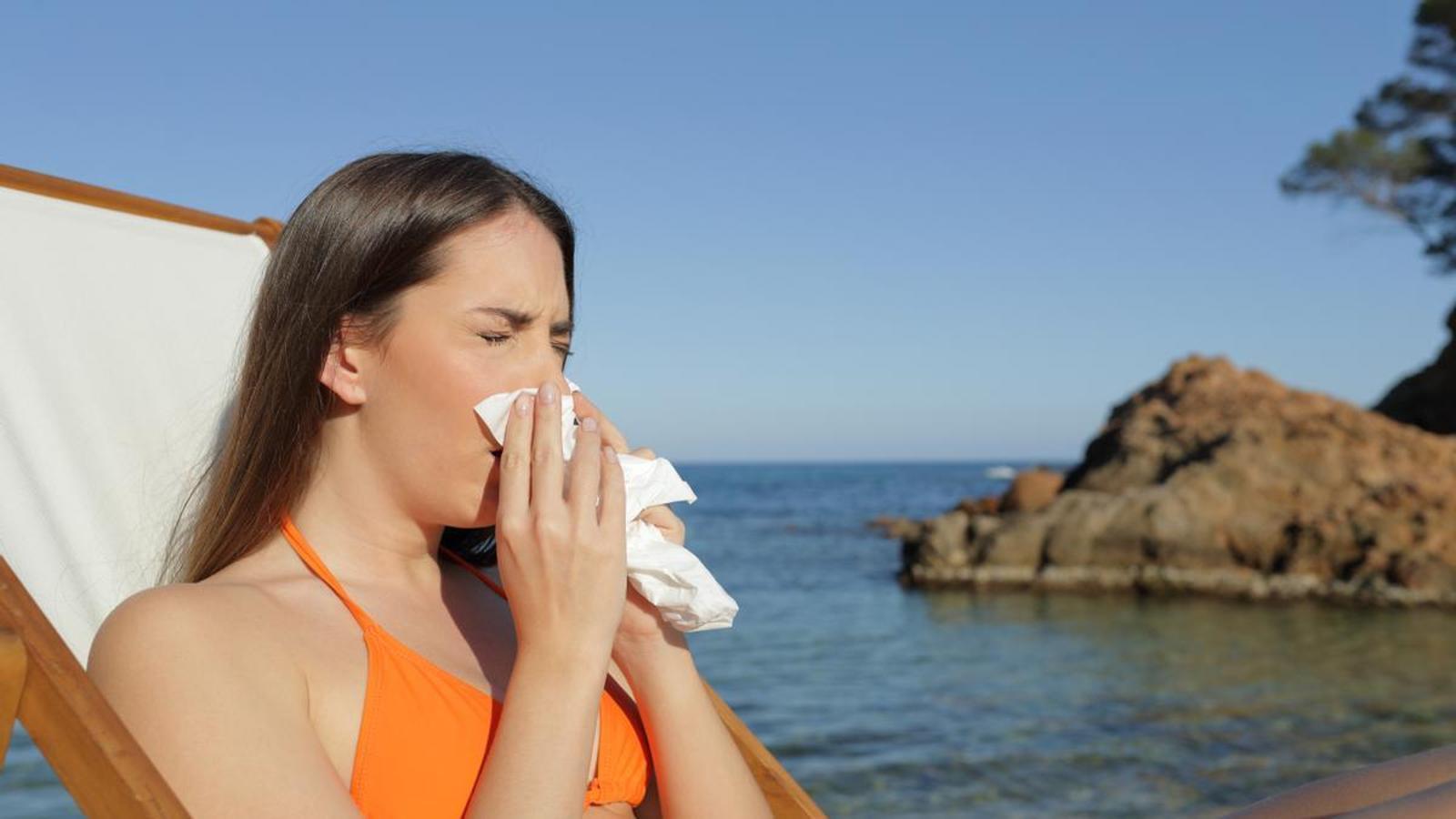Summer colds: Here's how to avoid them, according to experts
Avoiding sudden changes in temperature and poorly ventilated closed spaces are some of the experts' advice.


BarcelonaViruses don't take vacations. "They're present all year round, but the protagonist changes depending on the temperature and the climate," explains Fran Fernández Segura, family doctor at the CAP la Paz in Barcelona. Viruses are not, therefore, exclusive to winter. And the most common in the respiratory system are enteroviruses and rhinoviruses. The coronavirus also circulates. "It's true that summer climatic factors aren't the most suitable for them to survive, but viruses do," he adds.
In addition, there are factors specific to summer, such as sudden changes in temperature (going from sweaty to cold in very refrigerated places), which cause "the mucous membranes, which are the first barrier that protects us from viruses, to become inflamed and enter our body, causing these viruses."
Fans direct air toward the body or very strong air conditioning can also dry out the environment and mucous membranes, causing them to inflame and weaken. This family doctor reminds us that the nose and mouth are the body's natural protective barriers, and if they are altered, this protective system weakens and we are more susceptible to viruses.
How can we avoid them?
Fernández Segura recommends avoiding sudden temperature changes. "If we're sweaty, we should avoid direct exposure to very low temperatures, and if the environment is very cold, we should wear a T-shirt." It's also a good idea to avoid wearing wet clothing like wet swimsuits, especially in closed spaces with air conditioning. The air conditioning, she reminds us, shouldn't be set too low. "It should be somewhere in between so the change isn't so sudden." It's advisable to keep spaces well-ventilated. And if that's not possible, avoid closed, poorly ventilated spaces. She also recommends staying hydrated, which will help prevent mucous membranes from swelling.
Should they be treated?
The treatment is symptomatic: drink water and rest. "If we have a fever and are unwell, we can take an antipyretic, but if not, there's no need to take medication," he assures. The best course of action? Let time pass, rest, drink water, and stay calm.
